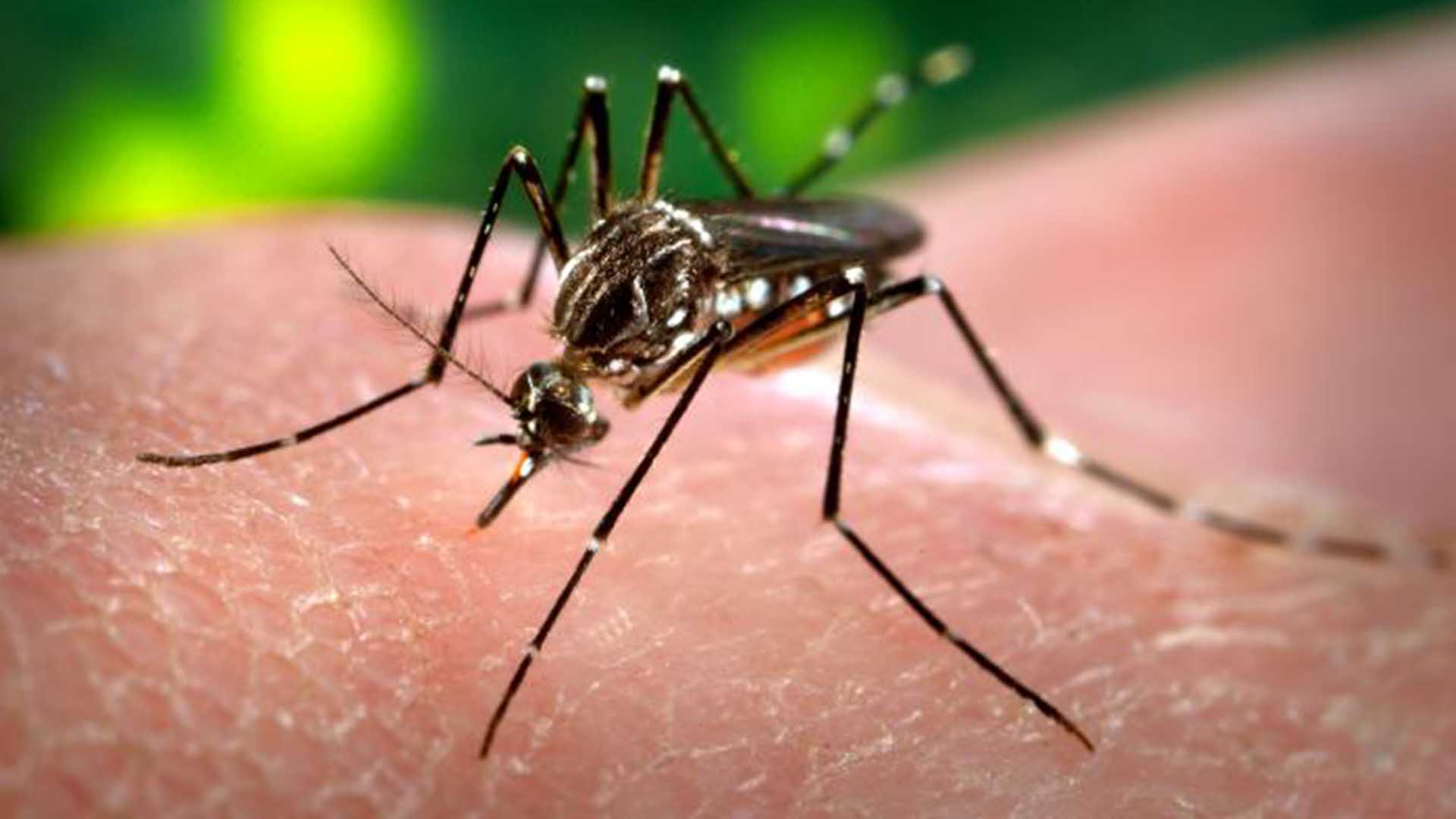UNITED STATES—The Center for Disease Control (CDC) has been warning travelers of the Zika virus; a virus discovered over 70 years ago linked to a monkey in the Ugandan Zika Forest. The virus recently resurfaced and has infected millions of people across North America. Several areas have declared affected areas to be a public health emergency. The Zika virus has been linked to an alarming disease known as Gillian Barre syndrome, which causes babies to be born with underdeveloped brains.
The disease has spread to more than 20 countries in the Americas, with over 500,000 reported cases in Brazil. Researchers are saying the outbreak in Brazil could result in closer to 1.5 million cases, due to patients who show no symptoms. The virus has been known to be carried by mosquitos and has been spread through infected blood generally during the first week of infection, but sexual contact has also been reported to be a method of transmission. Zika virus symptoms include fever, joint pain, rash, muscle pain, headache, and conjunctivitis (red eyes).
According to a recent CDC report, the virus is unlikely to become widespread in the United States. There have been 35 cases reported in the US from travelers returning from foreign countries. Areas of higher risk are currently Puerto Rico, the Caribbean Islands, and South American counties.
On Saturday, February 6, Colombian President Juan Manuel Santos announced the disease had infected at least 26,000 people with over 3,100 being pregnant women. Unreported cases including an estimated 80 percent of patients who show no symptoms could mean at least 100,000 are infected. The CDC reports that about one in five people infected with Zika will become ill with symptoms. Santos is urging infected families to delay their pregnancy plans at least five to six months. According to the CDC, “Zika virus usually remains in the blood of an infected person for about a week.” It is not uncommon for the virus to remain longer in some cases.
The CDC advises all people who have recently traveled to contact their healthcare provider to discuss when and where travels took place; particularly individuals who have been to affected countries or have developed symptoms. Doctors are expected to perform a set of specialized blood tests to identify Zika and similar viruses.
There is currently no vaccination or treatment that can cure Zika. The CDC advises people who are infected to get plenty of rest, drink fluids to prevent dehydration, take over-the-counter pain relievers (but avoid aspirin and non-steroidal anti-inflammatory drugs).






